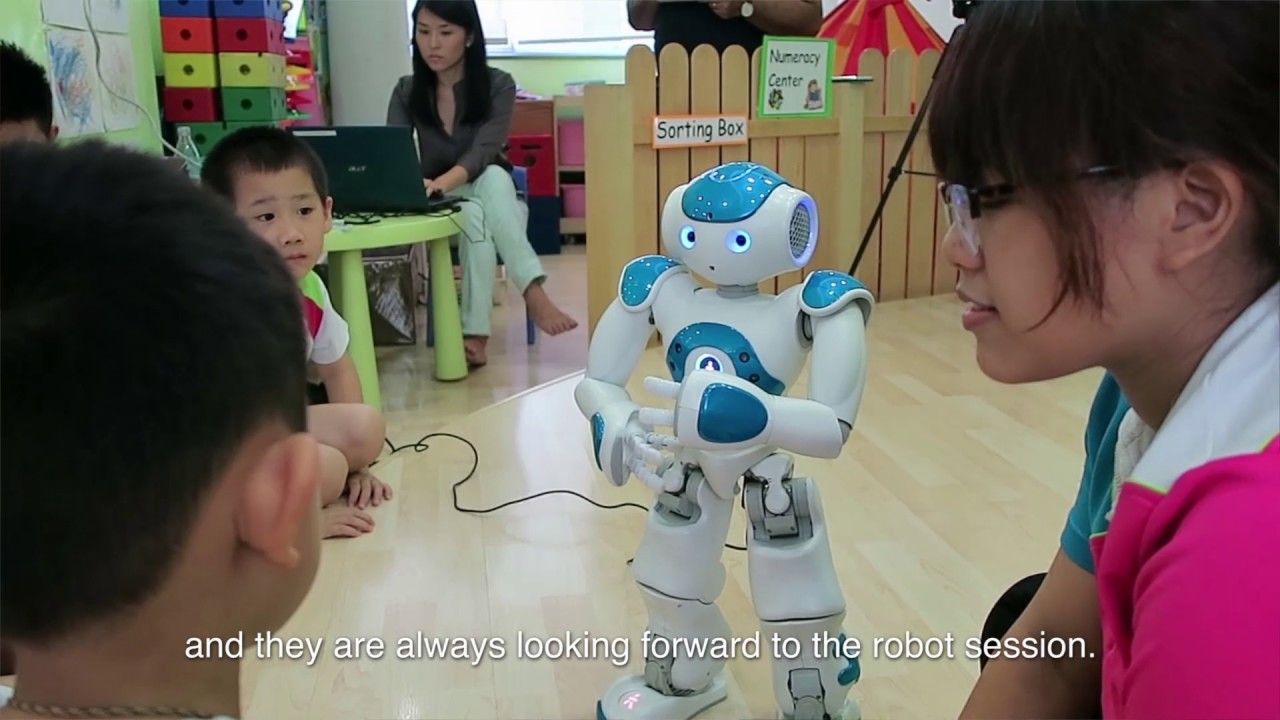Before I started working on real-world robots, I wrote about their fictional and historical ancestors. This isn’t so far removed from what I do now. In factories, labs, and of course science fiction, imaginary robots keep fueling our imagination about artificial humans and autonomous machines.
Real-world robots remain surprisingly dysfunctional, although they are steadily infiltrating urban areas across the globe. This fourth industrial revolution driven by robots is shaping urban spaces and urban life in response to opportunities and challenges in economic, social, political, and healthcare domains. Our cities are becoming too big for humans to manage.
Good city governance enables and maintains smooth flow of things, data, and people. These include public services, traffic, and delivery services. Long queues in hospitals and banks imply poor management. Traffic congestion demonstrates that roads and traffic systems are inadequate. Goods that we increasingly order online don’t arrive fast enough. And the WiFi often fails our 24/7 digital needs. In sum, urban life, characterized by environmental pollution, speedy life, traffic congestion, connectivity and increased consumption, needs robotic solutions—or so we are led to believe.









Comments are closed.